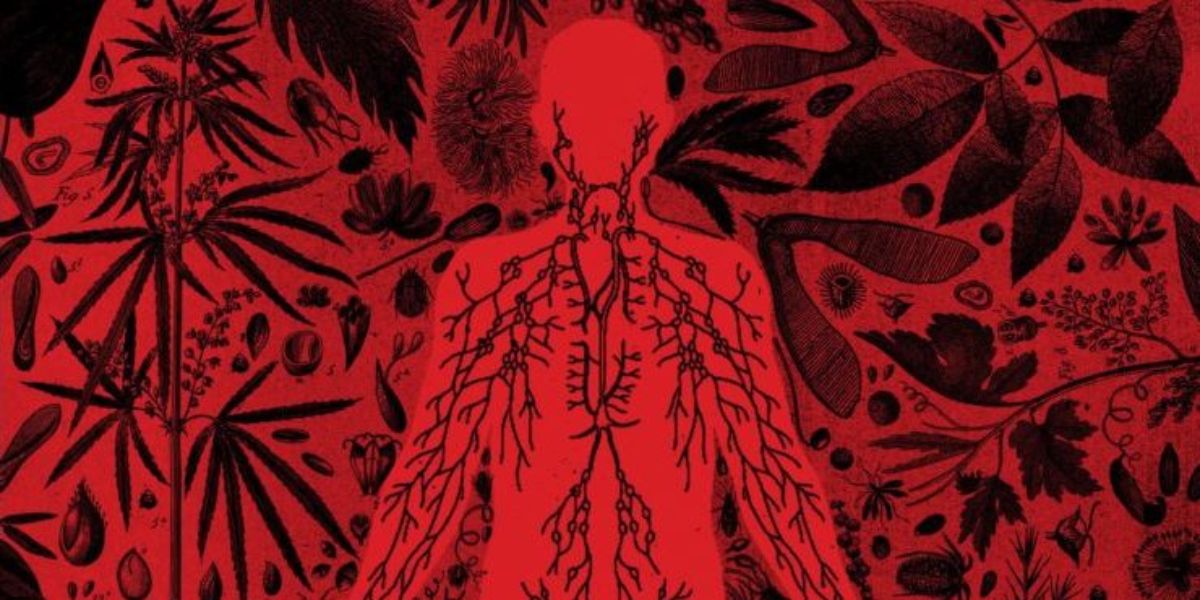Patients often ask for reasons we have seen an increase in allergic diseases, including asthma,…

Suggestions for Gardening with Allergies
Suggestions for Gardening with Allergies
As people start to work on their lawns and gardens, short and long-term precautions should be taken to control allergy symptoms.
Asthma affects more than 20 million people in the United States. While asthma has been known to affect people year round, spring can be particularly troublesome for the 10 million Americans who suffer from allergic asthma, according to the American Academy of Allergy, Asthma and Immunology (AAAAI). Warmer temperatures mean higher pollen and mold spore counts, causing trouble for the allergic asthma sufferer.
Seasonal allergic rhinitis or “hay fever” affects more than 35 million people in the United States. These seasonal allergies are caused by substances called allergens, airborne pollens and mold spores that commonly trigger symptoms during the spring, summer and fall. During these times, seasonal allergic rhinitis sufferers experience symptoms such as sneezing, congestion, a runny nose, and itchiness in the nose, roof of the mouth, throat, eyes and ears.
Best bets for your garden
The best bet for your garden, are “natural” plants. The trend in smart gardening now is to avoid large areas of turf and use natural plants. Lawns require a good deal of attention, and mowing is a hazard to grass and mold sensitive people.
Native plants are advantageous for people with allergies because they require little effort, withstand the climate extremes in various regions of the country and do not need fertilizers, water or pesticides.
Different plants produce different levels of pollen, therefore producing different levels of allergic reaction. For instance, plants that cause allergies usually have flowers that are small and insignificant looking and have no color or attracting nectar. They are usually wind pollinated and produce great amounts of pollen that is buoyant and without much surface ornamentation. Conversely, plants with bright, showy flowers are better for people who have allergies. Their pollen is large and because they are pollinated by insects, the pollen is seldom airborne.
The following trees, shrubs, and plants have been found to be better for people with allergies:
Phlox
Salvia
Snapdragon
Sunflower
Tulip
Verbana
Zinnia
Hydrangea
Impatiens
Iris
Lilac
Lily
Narcissus
Pansy
Petunia
Crocus
Daffodil
Dahlia
Daisy
Dusty Miller
Geranium
Hosta
Hyacinth
Plum
Roses
Viburnum
Alyssum
Begonia
Cacti
Clematis
Columbine
Apple
Azalea
Boxwood
Cherry
Dogwood
Hibiscus
Magnolia
Pear
It may be difficult or impossible to remove existing trees from your yard. If you are considering adding trees to your landscape, you should avoid planting the following:
Popular
Sycamore
Walnut
Willow
Olive
Palm
Pecan
Oak
Elm
Hickory
Juniper
Mulberry
Cottonwood
Cypress
Box Elder
Cedar
Alder
Ash
Aspen
Beech
Birch
Tips for easing your sneezing
Since allergies can lead to other chronic conditions such as asthma, they should not be taken lightly. Fortunately, there are steps allergy sufferers can take to avoid the pollens and molds that make you sneeze and wheeze. Following are some tips to help you lessen your exposure to seasonal allergens:
- Keep windows closed at night to prevent pollens or molds from drifting into the home.
- Use an air conditioner and dehumidifier to keep air clean, cool, and dry.
- Keep car windows closed when traveling.
- Minimize outdoor activity on days when the pollen count or humidity is reported to be high or on windy days when mold and pollen are blown about. To find out the pollen count visit www.rockymountainallergy.com.
- Take vacations to a more pollen-free area, such as the beach or sea.
- Use a paper mask when mowing or raking which stirs up pollens and molds.
- Avoid hanging sheets or clothing out to dry, pollen and molds collect on them.
- Take medications as prescribed in the recommended dosage. Do not take more medication to alleviate severe symptoms.
- Take a shower and change your clothes after spending time outdoors to remove pollen and mold that may be on your skin, hair, and clothing.
Long-term solution!
Allergy shots are a highly effective method of reducing and possibly curing your allergies. They help your body build a tolerance to the allergens that cause your symptoms and decrease or eliminate your need for medications. This tolerance may be permanent! If you desire effective relief from allergies, see a physician who is Board Certified by the American Board of Allergy and Immunology. Don’t just live with your allergies, live without them!



